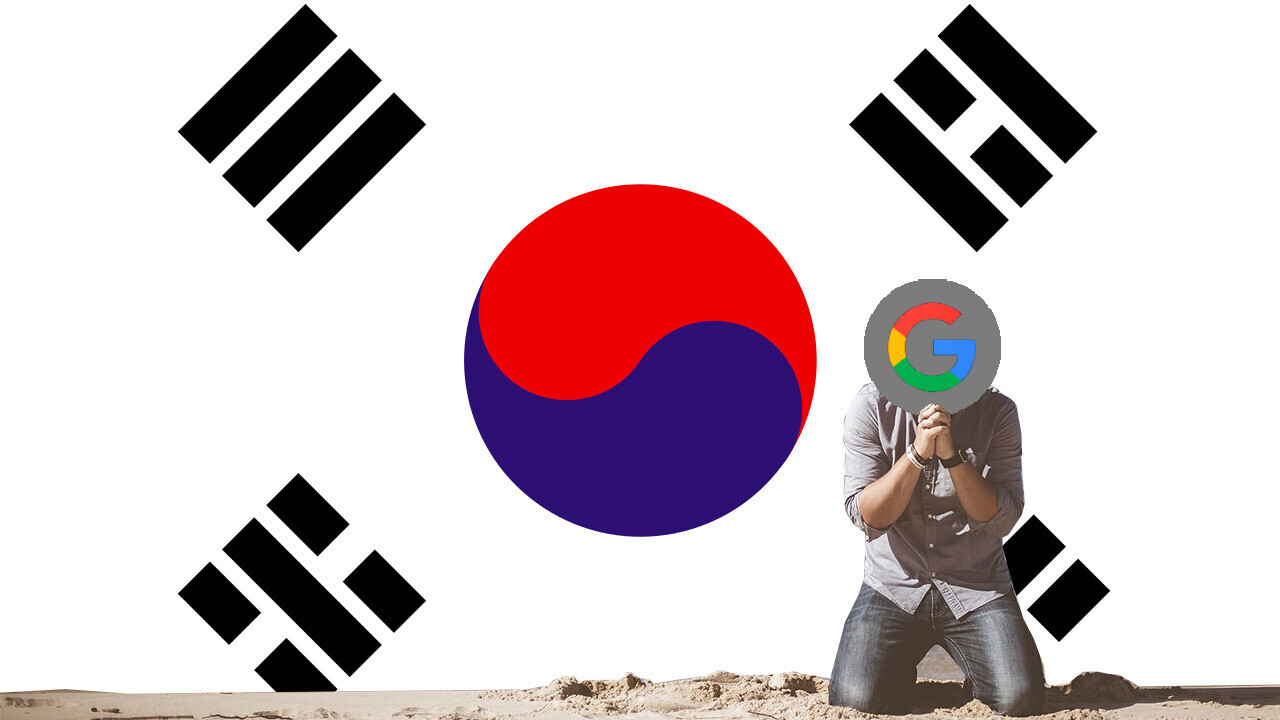
Naturally, our beloved tech giants Google and Apple want you to exclusively use their own billing systems for in-app purchases on mobiles and tablets.
For that reason, they have been facing global scrutiny for forcing developers to use their payment systems and charging them with an up to 30% commission. Governments around the world have been seeking to curb their control, but to no avail.
Until now.
South Korea’s “anti-Google” law has… worked!
Perhaps you remember that in August South Korea passed a new bill, dubbed also as the “anti-Google” law, banning big app store operators like Google and Apple from forcing developers to exclusively use their payments systems.
The law went into effect in mid-September and if any app store operator fails to comply they’ll have to pay 3% of their South Korean revenue.
While we’d expect that Google would’t easily give in and go without a fight, the unexpected has happened.
On Thursday, Google announced through a blog post that it would comply with the South Korean law and allow third-party payment options for in-app purchases.
And that’s the first time Google has ever amended its privacy policy for a specific country. I repeat: THE FIRST TIME EVER.
How does it work?
The announcement says:
In response to the recent legislation, developers will now be able to add an alternative in-app billing system, alongside Google Play’s billing system, for their mobile and tablet users in South Korea. At checkout, users will be able to choose which billing system to use.

And there’s more. Google, which charges developers a 15% service fee for distributing apps, said it would reduce this to 11% when users choose an alternative billing system. Because the company recognizes that developers will incur costs to support their own billing system.
To curb your enthusiasm a little, Google added that alternative billing systems “may not offer the same protections or payment options and features of Google Play’s billing system — such as parental controls, family payment methods, subscription management, Google Play gift cards, and Play Points.”
Because of course nothing compares to Google’s own products. And it might give South Koreans another choice, but it certainly wishes they won’t use it.
Is Apple next?
That’s still unclear and for now Apple hasn’t made any changes in response to the legislation.
According to the Wall Street Journal, Apple has told the authorities that it’s current policies are in line with the law. The WSJ notes that the company might be able to maneuver a bit.
The bill doesn’t directly regulate commissions, but rather states that apps may not be forced to choose a specific payment option on account of “unreasonable fees.” Apple could potentially argue that its fees aren’t unreasonable, although that’s up to the Korea Communications Commission (KCC) to decide.
But whatever happens with Apple, Google’s compliance is definitely an instance to remember. So mark this day, people! Telling Google “no” actually works. Who knew…
Get the TNW newsletter
Get the most important tech news in your inbox each week.




